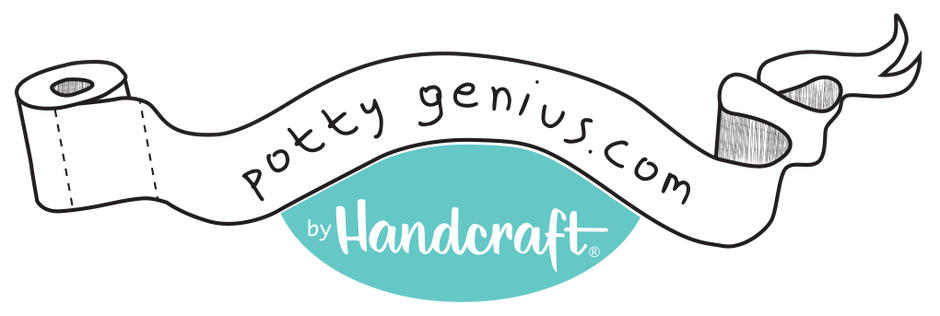Children are amazingly adaptable. They learn so much within the first few years of their lives that they inadvertently set the bar pretty high for themselves. A prime example of this is potty training. We see our friends’ children potty-trained by a certain age and expect the same for our kids. Then we get frustrated when potty training accidents become a regular occurrence. But don’t forget that you also play an important role in potty training, in the way you respond to potty training accidents. Put yourself in a toddler’s tiny shoes for a moment. Their bodies are still developing. Their central nervous systems are still learning the ropes. They are not yet familiar with the feeling they get when they have to urinate. They’re relying on you for guidance, even if they show it in a strange way.
Why Potty Training Accidents Happen
Potty training can be like thinking you won the lottery and then being told it was all a joke. Potty training accidents can and will happen. Realizing that accidents are a part of potty training could actually speed up the process, while reacting negatively can slow things down. Reasons for potty training accidents can include any of the following:- There’s a change in routine. Perhaps you’re out somewhere unfamiliar to your child. Or maybe school started for the older kids at home, and now the morning school drop-off interferes with your toddler’s regular potty break.
- They’re afraid of the toilet. Yes, this is a real fear! Unfamiliar toilets can be noisy and scary, especially when they’re so big and there’s no cute little potty chair to sit their little bodies on.
- They don’t know how to prioritize their needs. Playing is so much fun! Why take a break? That initial feeling when the bladder is full is familiar to adults, but not for toddlers. They don’t yet know how much time they have before they can no longer hold it.
How to React When Potty Training Accidents Happen
Whatever you do, avoid yelling and scolding your child when potty training accidents occur. Doing so accomplishes nothing. Calmly react by acknowledging the accident, saying something like this, “Oh, it looks like you had an accident. Let’s go to the bathroom and get you changed.” Once you get there, consider asking them to sit on the toilet so they associate the toilet with the incident. Even if they say they don’t have to go, encourage them to sit briefly to finish going in case they didn’t completely empty their bladder. After you clean them up, talk about what happened. For example, “I noticed that you were playing and having so much fun that you forgot to go to the bathroom and had an accident. Next time you feel like you have to go, hurry up and go to the toilet right away so you don’t wet yourself and you can get back to playing again.” It’s all about teaching them to be more aware of the urge to urinate and to address that need as soon as they can.Be Prepared for Potty Training Accidents!
Potty training accidents aren’t predictable; that’s why they’re called accidents. But you can be prepared for them should they occur even at the most inconvenient time.- Always carry a spare change of bottoms, underwear, and socks with you if you leave the home with your child.
- Encourage your child to use the bathroom before you leave, even if they say they don’t have to go. Sometimes they simply don’t want to go, but after sitting on the toilet, they go.
- Point out the bathrooms your child can use when you go somewhere unfamiliar. Tell them, “There is a bathroom here. Let’s go explore it just in case you have to go later.” This reinforces the fact that they don’t have to hold it if they have to go, and also familiarizes them with the bathroom.
- Be prepared to bite your tongue. All you have to say if your child has a potty training accident is something like, “Don’t forget to try to tell me next time you have to go.” Even if you have to act, say it with a smile.

